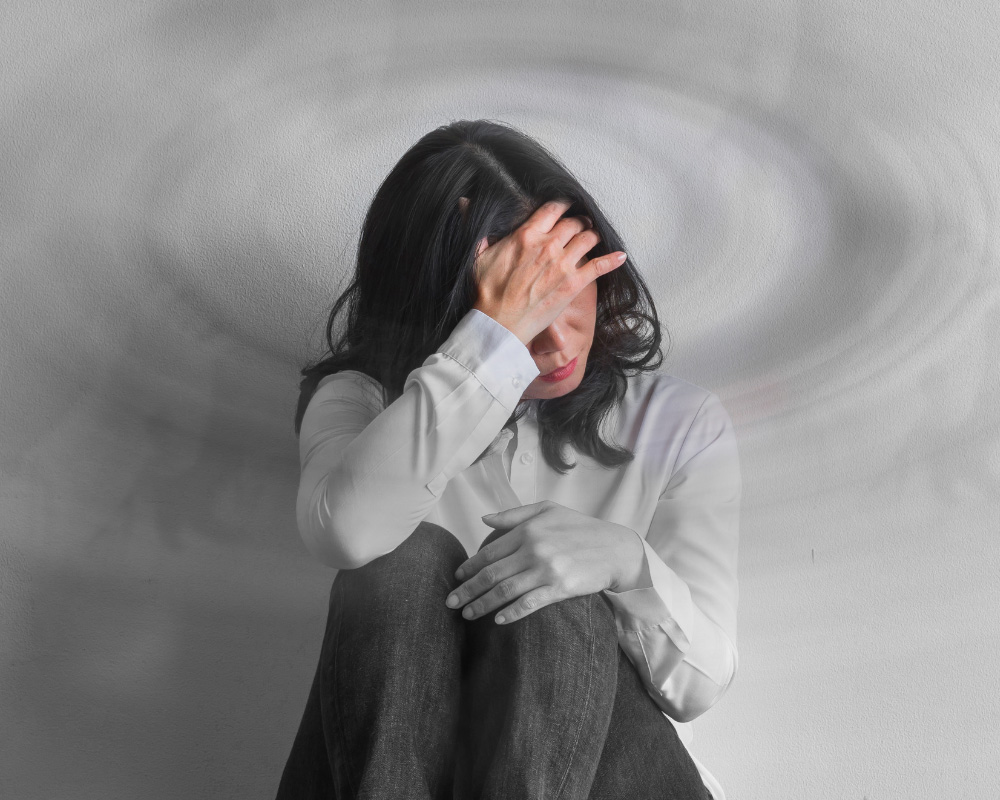
Vertigo Vestibular Physio
Vertigo is the sensation of “spinning” that one experiences. It may be caused by a number of things, but the most frequent is BPPV, or benign paroxysmal positional vertigo, sometimes known as “crystals in the ear causing spinning.” But not everyone who has vertigo would have BPPV as the root of their symptoms.
Other potential causes of vertigo include
- Vestibular neuritis: An inflammation of the vestibular nerve, which is a nerve in the ear and a component of the balance and hearing system and causes dizziness and spinning sensations.
- Meniere’s disease: There are numerous conditions that could be the source of your symptoms and which might or might not be alleviated by medicine, including Meniere’s disease, which affects the ear apparatus and results in a mistaken impression of motion.
- Main Causes: Vertigo may occasionally result from issues with the brain or the cranial nerves that exit the brain. as migraines, strokes (CVA), sclerosis, cerebellar pathology, Parkinson’s disease, Guillain-Barré syndrome, traumatic brain injury, and concussion. any disease or condition that affects the area of the brain that interprets information from the vestibular apparatus.
- Cervicogenic lightheadedness: Dizziness, unbalance, and vision difficulties are brought on by neck pain and related sensory integration problems.
- Other Causes: Third Window Syndrome, Vestibular Schwannoma, Neuritis, Neuronitis, Labyrinthitis, and Other Causes of Vertigo Associated with Acoustic Neuroma
Frequently Asked Questions
BPPV, the most frequent cause of vertigo, is essentially the movement of crystals from one compartment of the inner ear into another, giving the sensation of motion.
Typically, people claim that their symptoms are brought on by an abrupt head turn, such as turning to turn on or off the bed lamp while lying in bed.
To determine whether you actually have a BPPV, our physiotherapists conduct a particular examination known as a “Dix-Hallpike” test.
The physio will assist you with a particular motion called the “Epley’s manoeuvre” to help you find relief from your symptoms after identifying the type of BPPV you have.
Possibly not. It is very common to experience some nausea following the manoeuvre. So that you can feel better as quickly as possible, your physio will assist you with self-management techniques and safety measures.
Generally, yes!
However, we have observed a loss in their ability to maintain balance in many of our vertigo clients, particularly those who have had the condition for a long period, making them occasionally more susceptible to falls.
Our physiotherapists will provide you with an evidence-based balance retraining programme, generally known as vestibular rehabilitation treatment (VRT), which should typically help you get the best results, following a thorough balance evaluation.
In order to more effectively help us comprehend the problem and specifically personalise needs, a second examination with infrared goggles may occasionally be required.
Our physiotherapists will provide you with an evidence-based balance retraining programme, generally known as vestibular rehabilitation treatment (VRT), which should typically help you get the best results, following a thorough balance evaluation.
In order to more effectively help us comprehend the problem and specifically personalise needs, a second examination with infrared goggles may occasionally be required.
Our vestibular trained physios can assist you If you’re looking for professional vestibular physiotherapy or relief from vertigo problems. To help you regain balance and enhance your quality of life, our skilled and committed team of physiotherapists will do a complete evaluation, develop a customised treatment plan, and walk you through the rehabilitation process.

